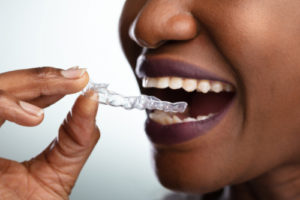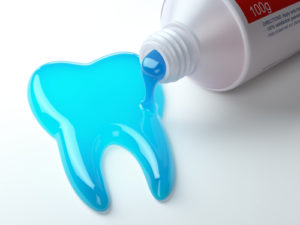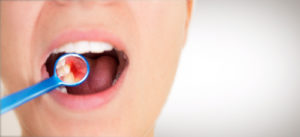
Everyone knows how miserable the common cold can be. When we come down with a case of the sniffles or an annoying cough, we’re willing to do almost anything to make it stop. While medications to treat the symptoms of a cold can help suppress a cough or ease a stuffy nose, your dentist in Buckhead knows that they don’t come without risks to oral health.
The Danger is in The Ingredients
Many medications that we take to help us feel just a little bit better when we’re battling a cold contain ingredients that can put our oral health at risk for decay and cavities. The main two culprits that concern your dentist in Buckhead are sugar, which is used for flavor, and alcohol. Let’s take a closer look as to why this duo is dangerous for our teeth.
Sugars
The truth is, most medicines don’t taste great, but the addition of sugar can help make them a little more tolerable. However, even though these sugars may make the medicine go down, they can contribute to tooth decay. The two most concerning medications that are used often when treating a cough are liquid cough syrup and cough drops — both of which typically contain a nice dose of sugar. The dangers are made even worse when we suck on cough drops throughout the day since our teeth are essentially bathing in the sugars all day long. As we all know, dentists don’t like sugar, mostly because bacteria love it. Bacteria in our mouths will feed on sugars and release acid as a byproduct. This acid is what wears away tooth enamel and leaves teeth at increased risk for decay.
Alcohol
The other dangerous ingredient in many cough medicines is alcohol. Alcohol is known to cause dry mouth which may not sound like such a big deal, but in reality, it can cause a whole host of problems. Normally, our mouths produce a lot of saliva throughout the day which helps wash away sugar and bacteria and neutralize acids. However, when the mouth is too dry to produce enough saliva to protect the mouth, it’s easier for bacteria and acid to attack teeth.
Protect Yourself
By no means are we suggesting that you have to forego cough medicine or cough drops altogether. But we do want you to be aware of some ways you can reduce their potential side effects on your oral health. Some things you can do to protect yourself while you’re treating your cold include:
Brushing your teeth after you take cough medicine. This can help remove the sugar and alcohol instead of allowing it to hang around in your mouth all night long.
Taking medicine while you eat. As we chew our food we produce more saliva to help with digestion. This extra boost in saliva can reduce the dangers of sugar and alcohol.
Using a pill medication instead of a liquid. A capsule of cough medicine removes the risk of sugars and alcohol.
During this cold and flu season, if you do happen to get sick, try these tips above to help reduce the risk of oral health concerns caused by cough medicine.














